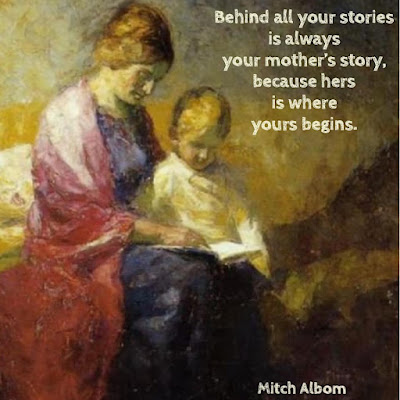Today's quote says 'I will take at least one step everyday towards achieving my dreams.' For writers, that dream may be writing a full length novel. Or having a poem published. Or being a columnist in a newspaper. Or writing enough good essays to create a book. Lofty dreams? Yes, but we all need to be working towards whatever our dreams on our writing journey happen to be.
The quote could well be one of the goals we all set at the beginning of this month as we faced a brand new year. A year full of possibilities and fulfilled dreams. That's thinking positive, of course, which is what I always recommend. Doing so will move you on your writing journey much faster than if you view your writing world as a Negative Nellie.
The quote suggests taking one step at a time to reach your dreams. Too often, we are in a hurry. We have a destination in mind and we want to get there. Get there fast! It doesn't usually work that way. A baby has to crawl before she/he walks, must walk before running. What a wonderful world it would be if we could start our writing journey with a giant leap to stardom. That truly IS a dream
Instead, writers must start small and work their way along the writing path one step at a time. To do this, he/she should take at least one step each day. Write a full story or lengthy essay in one day? No. One step might mean doing a writing exercise, or writing a first draft for a short story or essay. Maybe the first six lines of a poem. It could be nothing more than writing Morning Pages, as was mentioned in yesterday's post. Or journaling. Write a letter! Write something every day. Each day is one step closer to achieving your dream.
Make no mistake. Being a writer is hard work. Success and achieving your goals doesn't just happen.
When you start your writing journey, take small steps, then bigger ones as you gain experience and more knowledge of your craft. When you are published for the first time, it feels like a great leap instead of a step. With each succeeding publication, you move in larger steps.
Remember my two keywords for our writing world. Patience and Perseverance. You need a large dose of each as you move step by step towards your dreams.
























